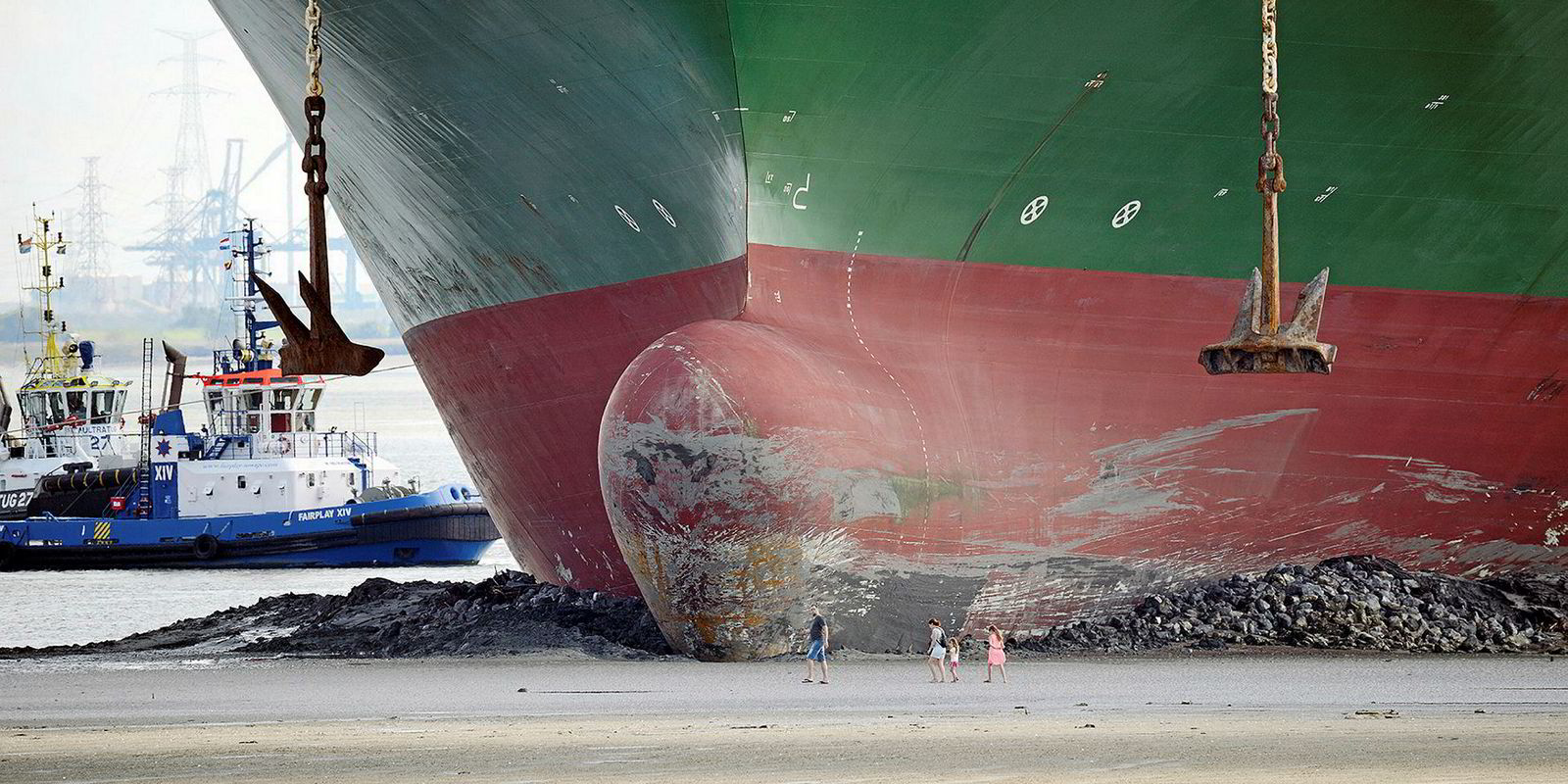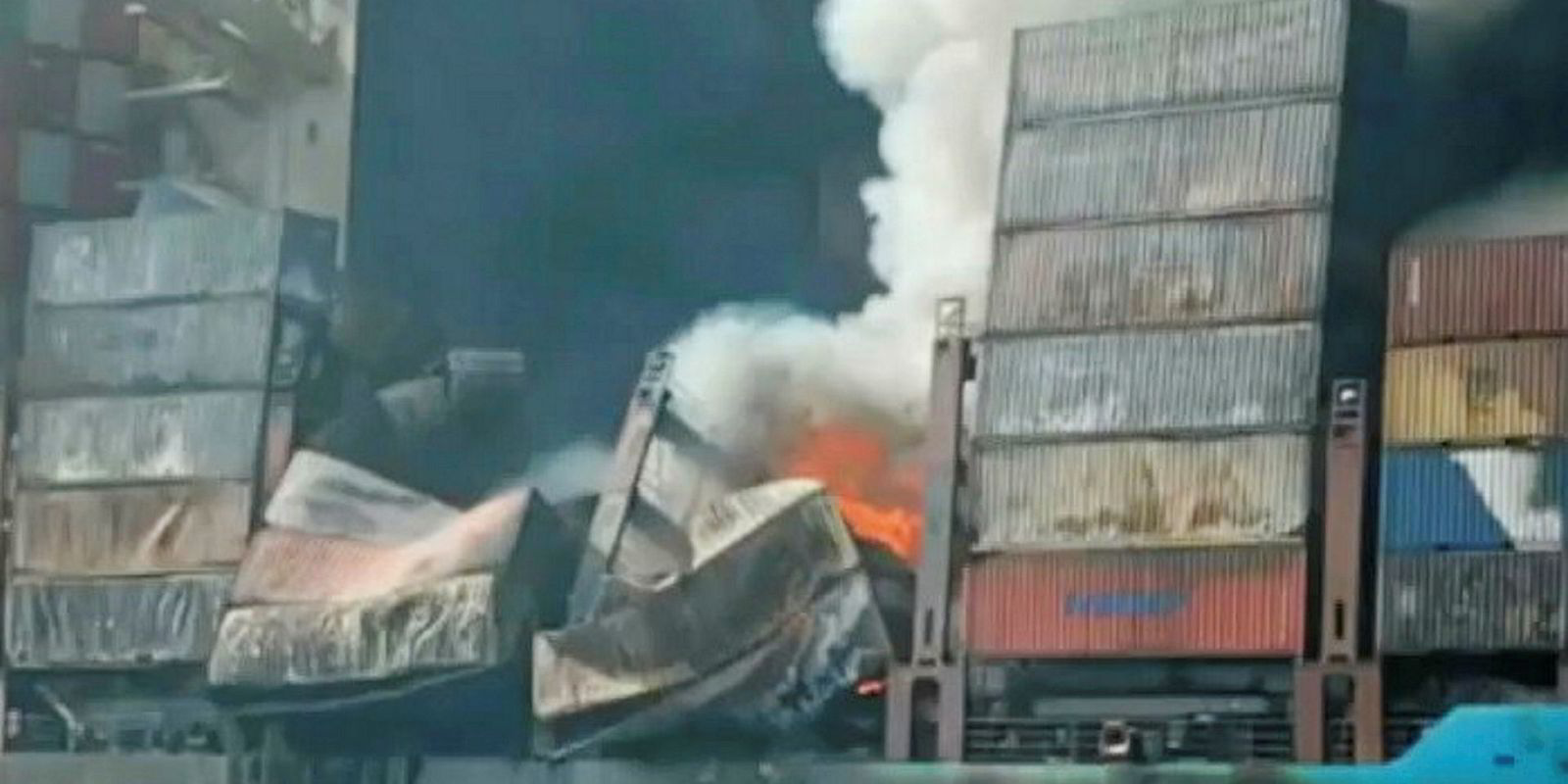The International Salvage Union (ISU) is complaining that its members are losing money because of amendments to Lloyd’s Open Form (LOF) emergency response contracts.
The union has put out its side of the story after a surprise drop in LOF revenue despite an increase in contracts from 32 in 2016 to 46 last year.
LOF contracts earned salvors $54m last year, which the ISU said is the lowest amount since 1999. Special compensation P&I Clause (Scopic) revenue also fell to $20m in 2017 — one-third of the $60m in the previous year.
Average LOF revenue, including Scopic, fell to $1.6m per contract last year, down from $3.9m in 2016 Salvage awards as a percentage of salved values fell to 5.6%, which the ISU said is the lowest on record.
'Riders' blamed
ISU president Charo Coll partly blamed owners’ use of contract “riders”, or so-called side letters to contracts, that limited LOF payouts. She also hinted there may be overcapacity in the salvage market.
“The forces of competition may be making salvors undertake cases for lower returns and there may be pressure from owners and insurers to drive down costs,” she said.
“LOF revenue is much reduced and a contributing factor could be the increased use of side agreements. It is ISU’s understanding that these are used to reduce LOF awards and settlements.”
One major LOF salvor told TradeWinds that salvors are being hurt by side letters, while shipowners and their insurers benefit.
“There is often four or five salvors bidding for an LOF contract, so if the owner or insurer says it wants to cap an LOF award, a salvor will have little choice but to accept, or the job will simply go to someone else,” he said.
However, Coll’s words contradict the claims of marine insurers, which recently blamed side arrangements for affecting insurance payouts. The International Group was alarmed at one side letter it had seen, which allowed the salvor to invoke Scopic after the salvage had been completed rather than during an operation.
Marine insurer Gard also complained that its shipowner members should be wary of side letters.
“Members are hereby advised that altering the terms of a standard LOF and Scopic may cause a change in contractual liabilities and risk allocation,” it advised earlier this year.
The ISU claimed its members are facing “financial hardship”. Its latest figures show that its members earned gross revenue of $456m in 2017 — up 20% on the previous year. However, that contrasts poorly with the $717m they earned in 2015.
More than half of last year’s total — $264m — came from wreck removal work, up from $175m in 2016.
The ISU figures also provide evidence that cheaper alternative emergency response contracts are increasingly being used. Non-LOF contracts generated $119m in 2017, compared with $75m in the previous year. The average revenue from these contracts was $584,000 — less than half of the LOF figure.
Coll said salvage companies are still investing despite struggling financially.
“The industry continues to be active, continues to invest and continues to be effective in helping to mitigate loss for shipowners and insurers but, at the same time, ISU members are also experiencing financial hardship,” she said.





